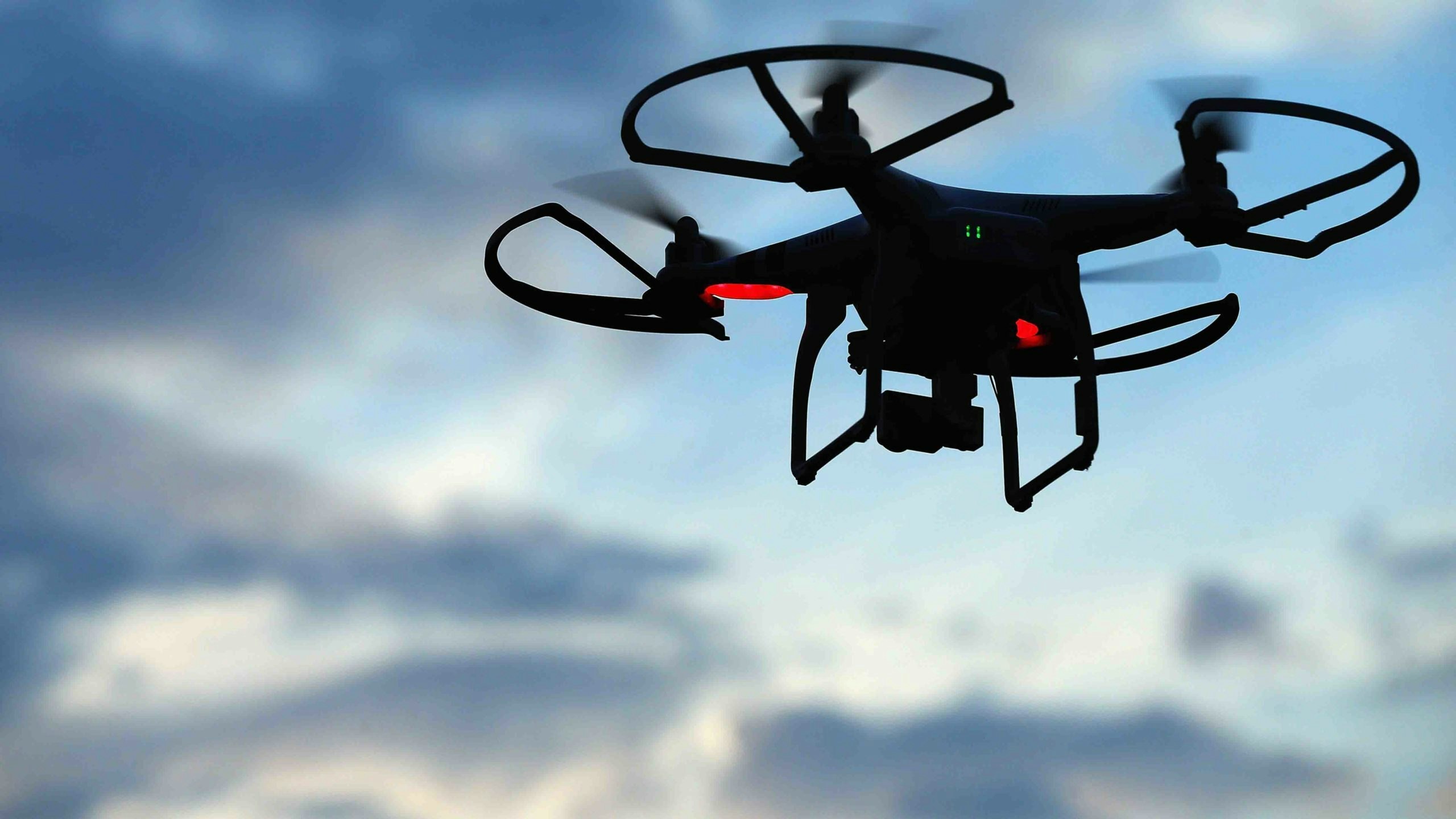Lawmakers in Wyoming will address the issue of property-invading drones this year.
Crafting trespassing laws pertaining to drones is a top priority for the Legislature’s Joint Judiciary Committee in the coming months, according to committee chairs Rep. Jared Olsen, R-Casper, and Sen. Tara Nethercott, R-Cheyenne, who presented the issue Friday to the Legislature’s Management Council.
“One, (the topic) does have to do with drones as it relates to hunting, and two, it does have to do with drones as it relates to residential uses,” said Nethercott.
The Judiciary Committee hopes to consider “whether someone can fly a drone in your back yard,” Nethercott continued, and “whether you have the right to remove it or trespass the owner of that drone.”
The Management Council, made up of legislative leaders, agreed to let the Judiciary Committee study the issue as one of its topics of consideration this year.
Neither Nethercott nor Olsen responded to phone calls requesting further comment.
There is no penalty in Wyoming for flying a drone over someone else’s property, except for cases of voyeurism.
Can You Shoot It?
House Majority Floor Leader Rep. Albert Sommers, R-Pinedale, sponsored a bill in recent months that would have made it a misdemeanor to fly a drone below 200 feet over private lands or homes. But during the February legislative budget session, Sommers asked the House to hold back the bill so it could be developed more as an interim topic.
“When I crafted the bill I’d heard of multiple experiences about drones kind of invading privacy,” Sommers told Cowboy State Daily on Monday. One of those experiences was at his own remote home – when a drone “came right at our kitchen window” while Sommers’ wife was home and he was not.
“If I’d been home that day I would have shot that drone down,” he said.
But existing property destruction laws may prohibit that reaction, Sommers added. He said the prospect and consequences of shooting errant drones is another legal facet deserving “thoughtful discussion.”
Other concerned citizens have spoken with Sommers about drones scaring wildlife from a river bottom and drones approaching their houses, he said.
Sommers noted additional issues for the committee to address, such as what happens when a realtor using a drone to scout a house with the owner’s permission accidentally veers onto a neighbor’s property.
The proliferation of nano drones, which can fit in a person’s hand and sometimes have video capabilities, “creeps me out worse,” quipped Sommers.
Expectation of Privacy
Sommers wondered aloud whether younger generations still expect privacy.
“Do we in society today have any expectation of privacy?” he asked. “Or has that concept of privacy slowly dwindled as the internet and everything else has expanded?”
Sommers spoke of satellite imaging, which he said has been a boon in exposing the realities of the war in Ukraine, but has eroded people’s expectation and understanding of privacy.
Conversely, he said, Wyoming residents may also have a libertarian streak prompting expectations of a broader, less regulated arena in which to fly drones.
“It’s a changing world and so I think that’s a great discussion,” he said.





